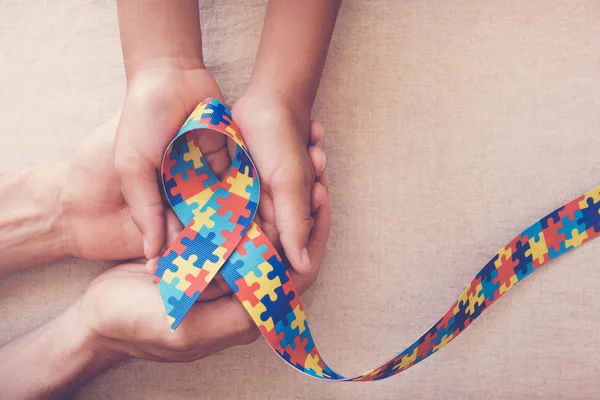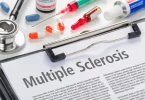What is Autism?
Formally, Autism Spectrum Disorder (ASD) refers to a condition where individuals have a difficult time with communication and social skills. In addition, they may have repeat habits or have narrow interests. A speech pathologist can help with autism-associated speech conditions.
Difficulty with Social Settings
Individuals with autism battle communicating with others in their communities. They likewise have difficulty with many underdeveloped social abilities. It’s extremely hard for them to have table talks in a social setup. In public settings, Autistic people may not follow social cues.
The range of individuals with autism can vary from not speaking in any way to others to having no problem speaking. On the whole, nonetheless, there’s constantly some kind of obstacle around interacting in a social setting as well as meeting new individuals.
Signs and Symptoms
Autism can present in a broad range and vary from mild to extreme. Severity is identified by the quantity as well as the degree of impairments and obstacles faced in the day-to-day.
When taking a look at attributes of autism in children, the indicators are occasionally not difficult to discover. It is extremely challenging, however, during other times as autism might not be identifiable until the kid grows much older. Even after that, it can go undiagnosed right into the adult years. The indicators, signs, and symptoms can transform as the person advances in life; however, the common feature is that there will always be variables that make it challenging when interacting in social setups.
Communication with Others
When an autistic individual connects with others, there are common challenges with gestures like shaking hands or waving. Adding words with gestures complicates the interaction more. A lot of times individuals with autism can battle to adhere to instructions or have trouble recognizing what they just heard or read. Discussions can also be hard to conduct for this population.
Occasionally they might not be able to preserve words that they discovered early in their childhood years, and therefore they are difficult to recognize. They can also exhibit something called echolalia, which is the duplication of words or phrases that they heard. An additional attribute is that they often use behaviors or habits rather than gestures or words to indicate needs or wants.
Social Abilities
Autistic individuals typically find it hard to make friends socially. Since their challenges are unlike challenges faced by others, they might have difficulty expressing those challenges.
Autistic individuals might hyperfocus on an item that somebody else has. It can be challenging for them to play with various other kids and share toys and other items. They might also not be able to understand how others feel or empathize. Other behaviors include the inability to take turns, conversing back and forth, or making and keeping friends. This can all cause friction when communicating or being with others.
Why Should Your Child Be Seen by a Speech Pathologist with Autism Experience?
It is best if diagnostic screening can be completed by a team of specialists, including a speech pathologist. This can be a complicated procedure based on severity. A pediatric and adult speech pathologist can recognize autism-related speech problems and also successfully help pinpoint areas of weakness and strength.
Speech Therapy for Individuals with Autism
When faced with children with autism, the best strategy is to connect with professionals and also obtain help at an early stage, figuring out what early interventions, as well as preschool programs, are offered to you in your community.
This kind of treatment is not limited to young children only. Teenagers and adults with autism likewise are greatly helped by intervention to do better at their jobs, in school, and elsewhere in society. There are a number of specialists that work with clients of any age over the course of their autism treatment, following their progress. SLPs, audiologists, special education professionals, employment coaches, life counselors, and psychologist are examples of a therapy team that works with individuals throughout their treatment.
Speech-Language Pathologists or SLPs may prove essential in a team of professionals helping autistic individuals. SLPs have the experience to effectively help clients develop social skills and enable interaction within various social setups. Several of the skills SLPs help with are:
- Mingling and mixing with others.
- Interpersonal interaction and communication.
- Navigating between tasks.
Selecting the Appropriate Speech-Language Pathologist
Picking the right speech therapist can make all the distinctions when seeking to address an autism-related speech condition.
AUTHOR’S BIO:
Paula Acuña, M.A., CCC-SLP, is a licensed bilingual (English-Spanish) speech-language pathologist with advanced training in early intervention, bilingual education, the PROMPT technique, and picture exchange communication system (PECS), social thinking, and feeding therapy. Paula has a Master’s in Speech & Hearing Sciences from the University of Illinois at Urbana-Champaign and a Bachelor’s in Human Communication Sciences from Northwestern University. Paula also supports individuals with various diagnoses, including autism, apraxia, Down syndrome, developmental delay, hearing impairment, learning disabilities, phonological disorder, specific language impairment, and traumatic brain injury.








